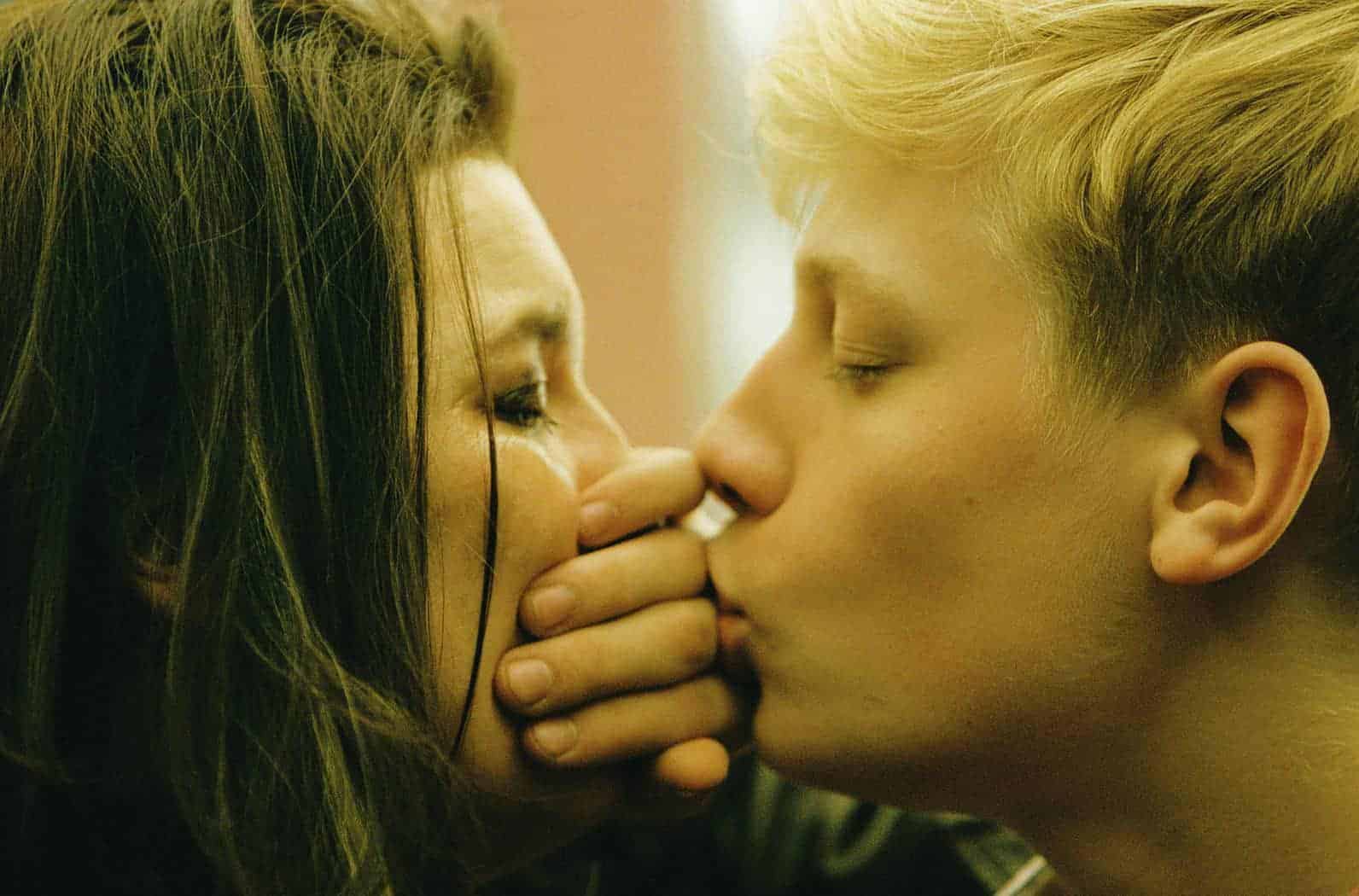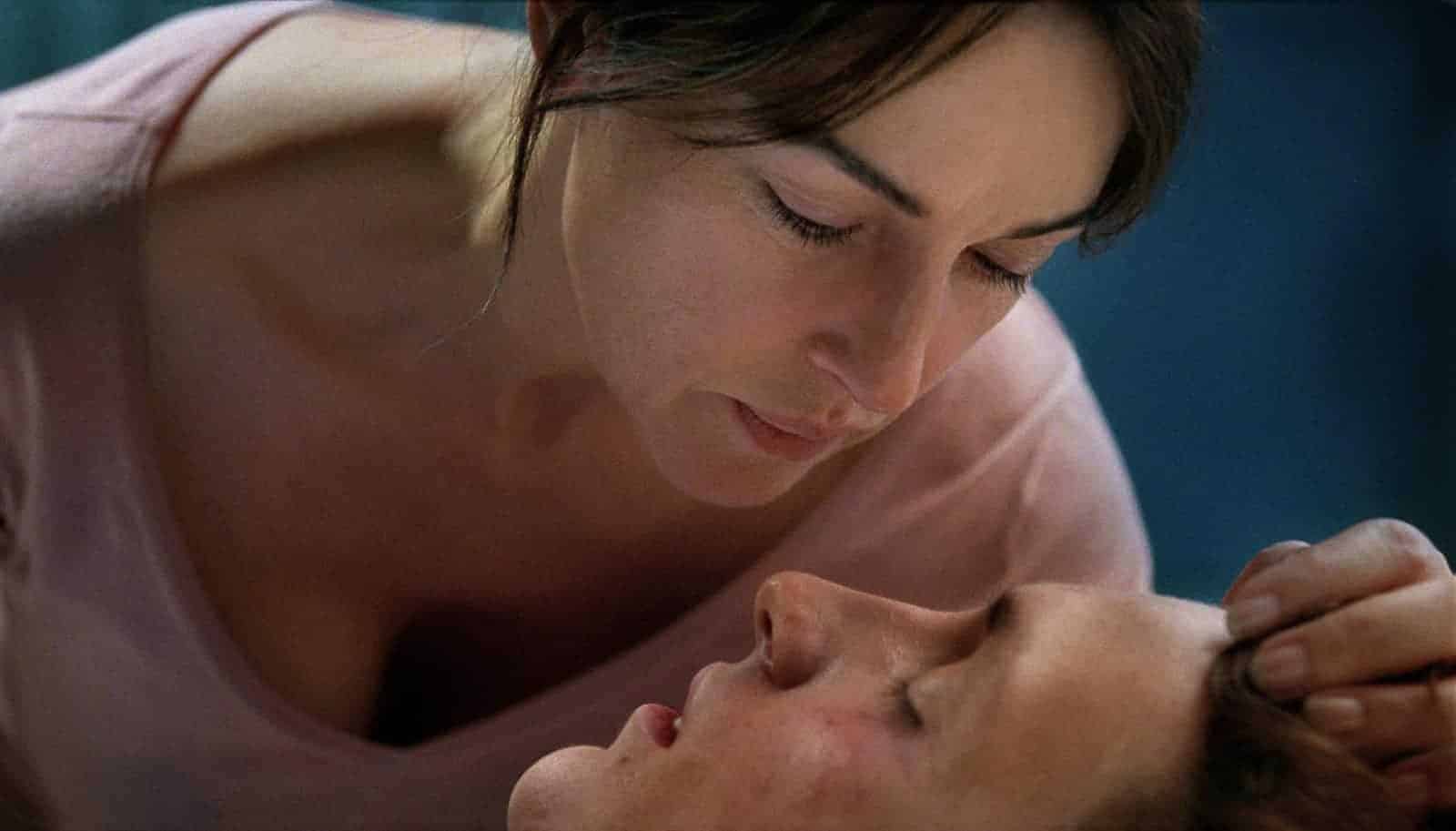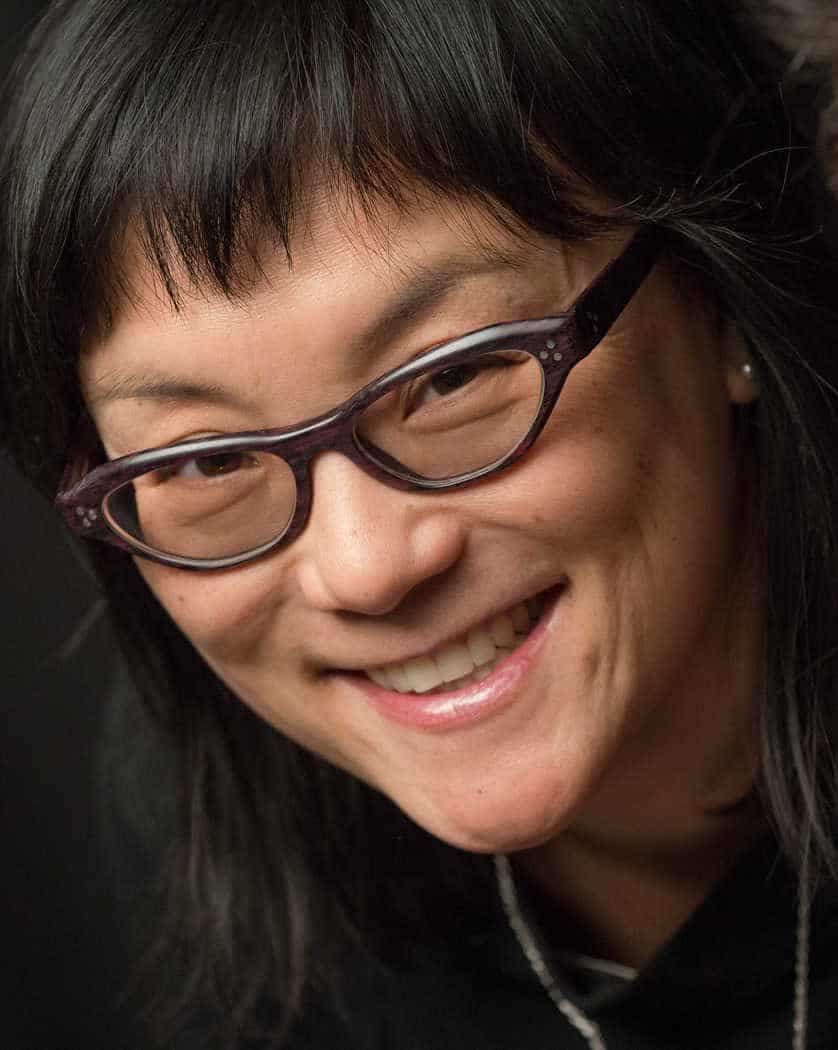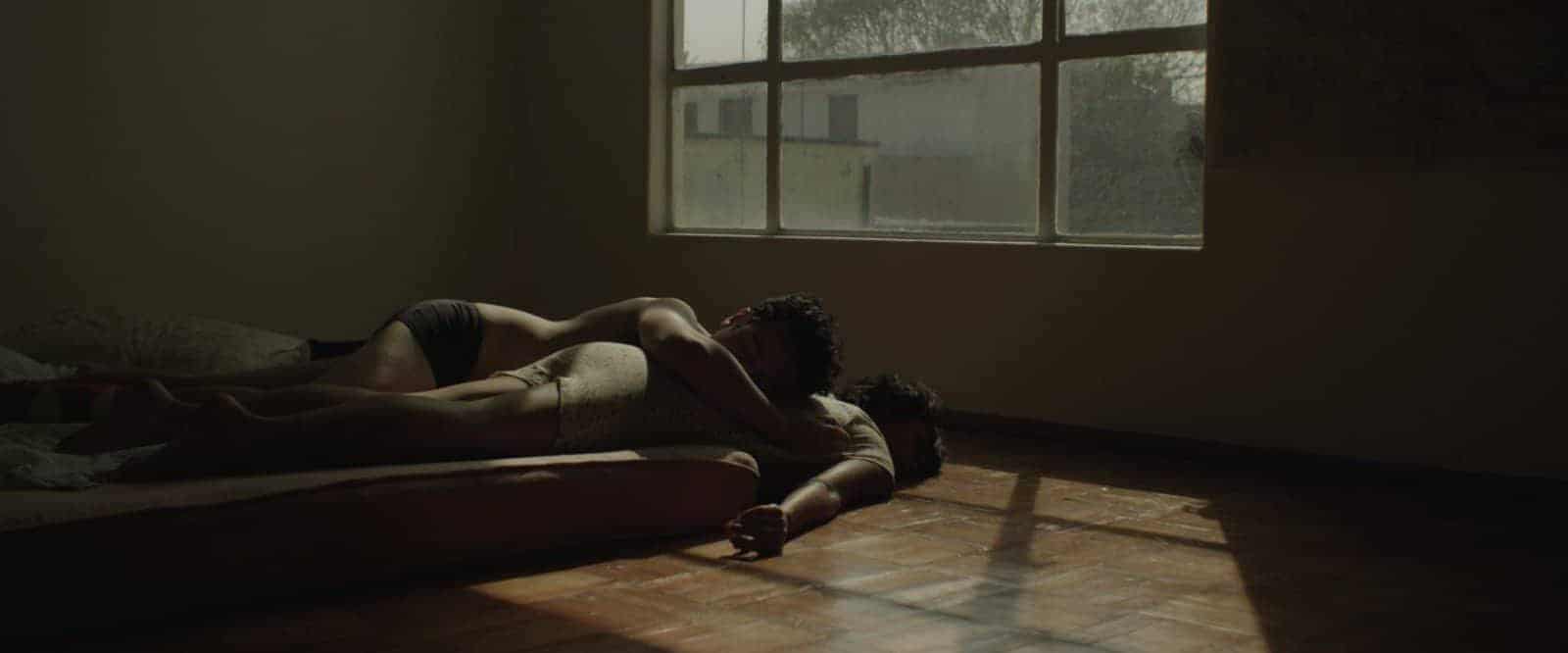Rhiannon Rozier has a degree in political science and Latin American history, but her true passion is connecting to people through music. She is a DJ and creates electronic dance music (EDM), but she’s also a woman, working in a male-dominated genre. Katherine Monk’s National Film Board of Canada documentary short Rock the Box begins with […]
Canadian Cinema
Promoting and spotlighting Canadian Cinema is one of the goals of The Seventh Row. Here you'll find reviews of Canadian films and interviews with Canadian directors.
What do we mean when we talk about Canadian cinema?
Where is Canadian cinema going? What is its purpose? And what can we say about how the country is being reflected back at us through this year’s TIFF15 crop of Canadian films?
Ville-Marie is gorgeously dispassionate ***1/2
Guy Édoin’s Ville-Marie is a visually striking film with a curiously dispassionate core. The film, co-written by Édoin, tells the stories of four individuals whose lives intersect one night at Ville-Marie Hospital in Montreal. A European actress (Monica Belucci) is filming in Montreal to reconnect with her son (Aliocha Schneider), who is trying to finally learn […]
TIFF15 interview: Ninth Floor director Mina Shum discusses Canadian racism
Ninth Floor director Mina Shum: In Canada, “We’re racist but we like to apologize about our racism.” Shum discusses Canadian racism and her new documentary.
Coming-of-age in Ontario is messy in Sleeping Giant
Andrew Cividino’s assured debut Sleeping Giant — the opening film at this year’s Cannes’ Critics Week — captures the beauty of cottage country Ontario without ever quite transcending the often stilted performances of its non-actors. The film follows Adam (Jackson Martin) who is up north with his family for the summer where he meets two trouble-making […]
TIFF 15: Minotauro has interesting ideas but overstays its welcome
Nicolás Pereda’s Minotauro sees its North American debut in the Wavelengths section at this year’s Toronto International Film Festival. This nigh impenetrable avant-garde picture is a narcoleptic journey into the interior lives of three young adults (played by Pereda regulars Gabino Rodríguez, Luisa Pardo and Francisco Barreiro) as they sleep, dream, read, and interact with occasional […]





